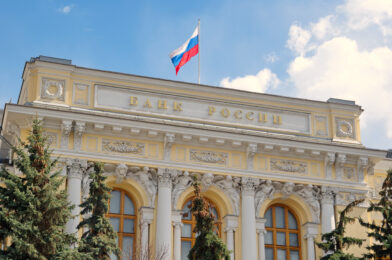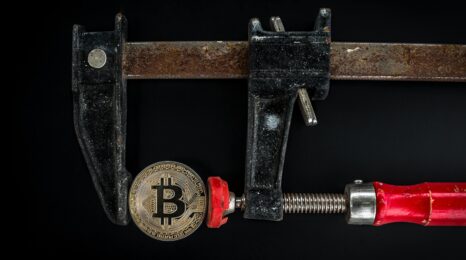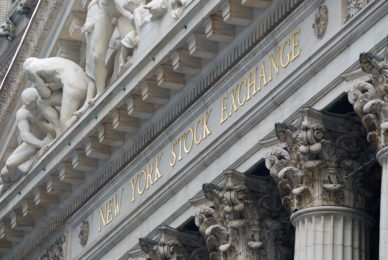
South Africa’s ZAR and business confidence on a knife’s edge amid post-election uncertainty
- Various business confidence statistics for South Africa were released today.
- Among them were the RMB/BER Business Confidence Index and S&P Global South Africa Purchasing Managers' Index.
- However, the country still remains mired in uncertainty following their 2024 election results.
In the absence of definitive announcements on a post-election coalition, South African economists have at least been presented with a wealth of data in the past few days.
PMI figures
Copy link to sectionThis morning, May figures from the respected S&P Global South Africa Purchasing Managers’ Index (PMI) were out. The data showed a very marginal improvement in PMI growth, as the index readings increased from 50.3 in April to 50.4 in May 2024.
Although the increase was minimal, it was likely some welcome positive news for investors in the embattled country, as typically a reading consistently above 50 means growth in that economy.
South Africa business confidence figures
Copy link to sectionAlso released today were the second quarter’s RMB/BER Business Confidence Index figures for the country, from South Africa’s Bureau of Economic Research (BER)
The figures were hearteningly positive, as today’s data showed the RMB/BER BCI rose by five points to 35% in the second quarter of 2024. As the BER noted:
This means that roughly just over a third of the survey respondents were satisfied with prevailing business conditions [in South Africa]”
However, they did note that the survey results predate the outcome of the elections.
USD/ZAR performance
Copy link to sectionAs the country waits with baited breath as to which party the African National Congress will form a coalition with, the USD/ZAR seems poised on a knife’s edge.
The dollar has gained roughly 1.9% against the ZAR since the election results were announced for South Africa less than a week ago.
The USD/ZAR is currently at $18.78 to the rand, its highest level in more than a month, since end April 2024.
“For obvious reasons, the South African Rand has proved to be a volatile currency, particularly when measured against the world’s reserve currency, the US dollar,” says Trade Nation analyst David Morrison.
Chart-wise, it looks as if the momentum is against the ZAR currency, suggesting that it could weaken further from here. That is consistent with the existing political instability. But if the parties are able to forge a workable agreement, and if that proved stable, then the ZAR should rally. For traders, it’s all a question of how likely it is that a lasting partnership can come from ongoing conversations.“
Read our analyst’s latest USD/ZAR analysis
Between a rock and a hard place
Copy link to sectionThe ANC, South Africa’s former ruling party of 30 years, faces to main choices post elections: allying with main opposition party the Democratic Alliance (DA), or instead forming a deal with more leftist parties such as disgraced former president Jacob Zuma’s party Mkhonto we Sizwe (MK) or the Economic Freedom Fighters (EFF).
Fitch Solutions company BMI Country Risk and Industry Research had this to say on the South African economic climate:
A deal or even outright coalition with the DA is BMI’s c’ore view’, and would “would be welcomed by the markets and marginally improve South Africa’s economic and fiscal outlook,” says BMI analyst Lara Wolfe. A deal with the DA could see the rand pare back some of its recent losses.”
Wolfe also said that a leftist coalition “would likely slow fiscal consolidation efforts and worsen SA’s longer term growth prospects” and “would cause the rand to fall further, push up inflation and potentially result in a more hawkish policy from the South African Reserve Bank”.
More industry news







